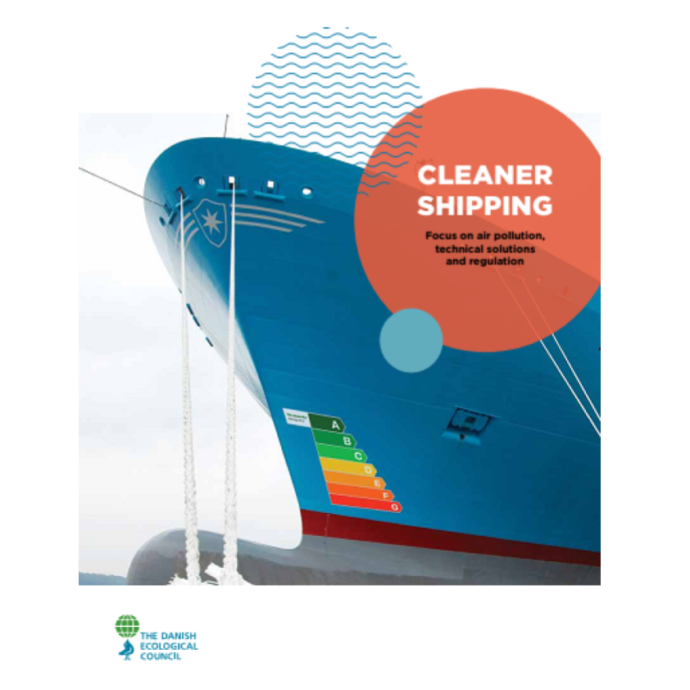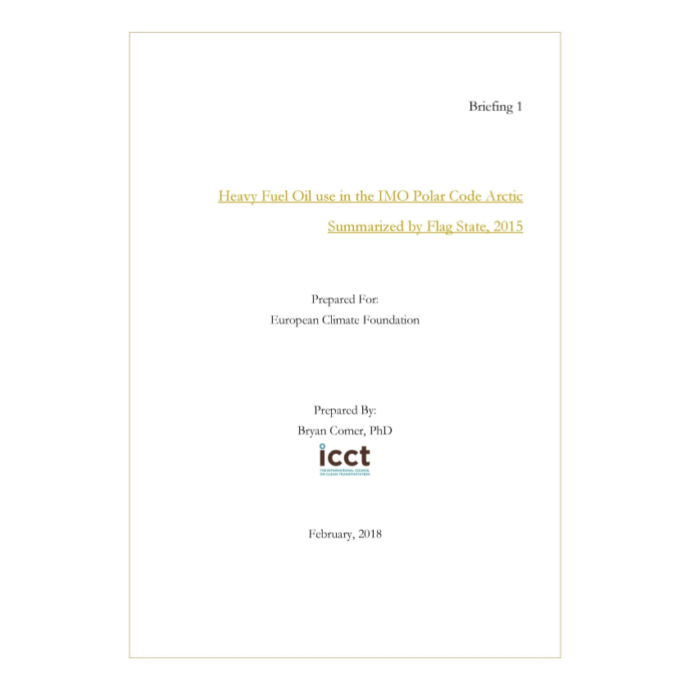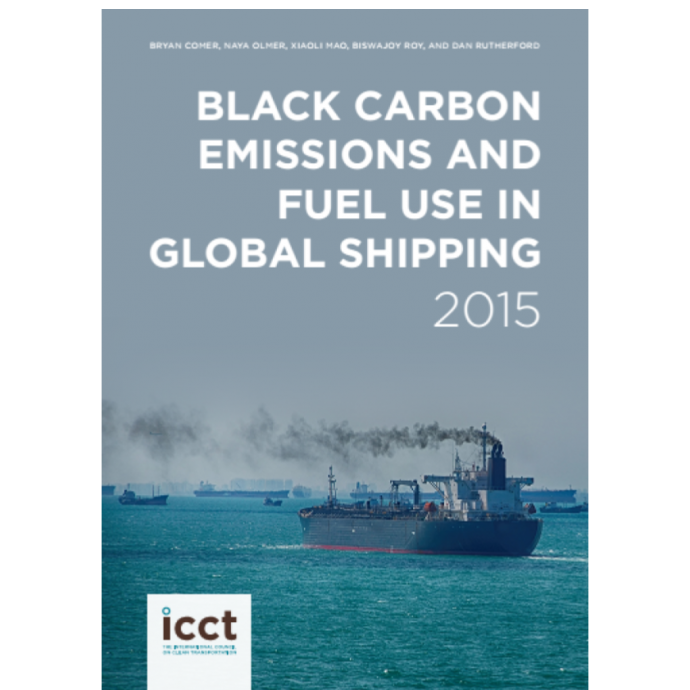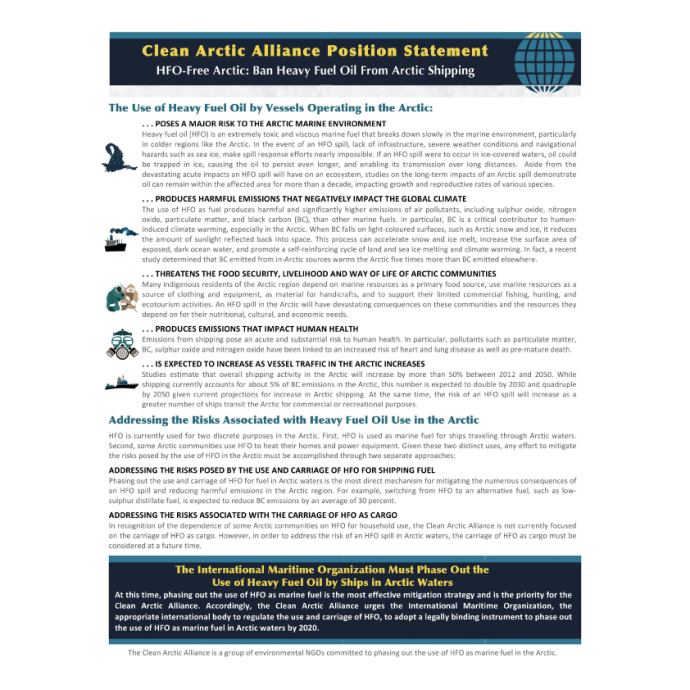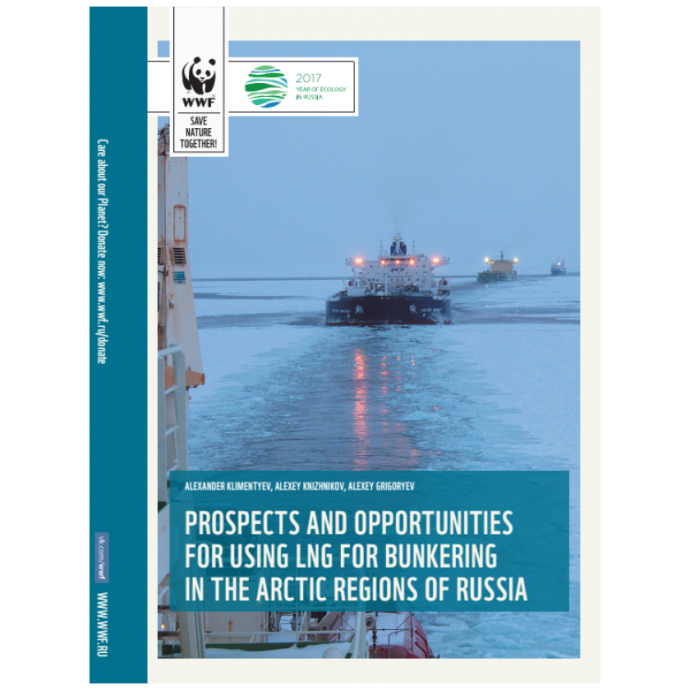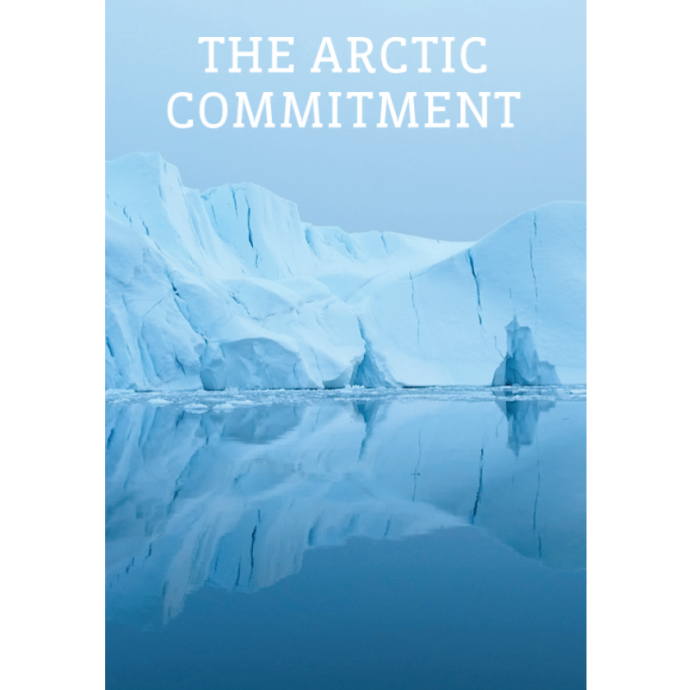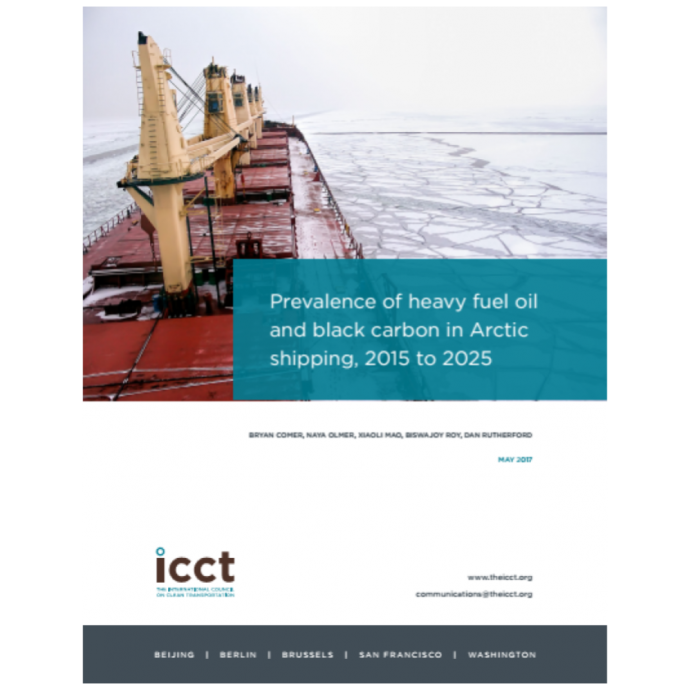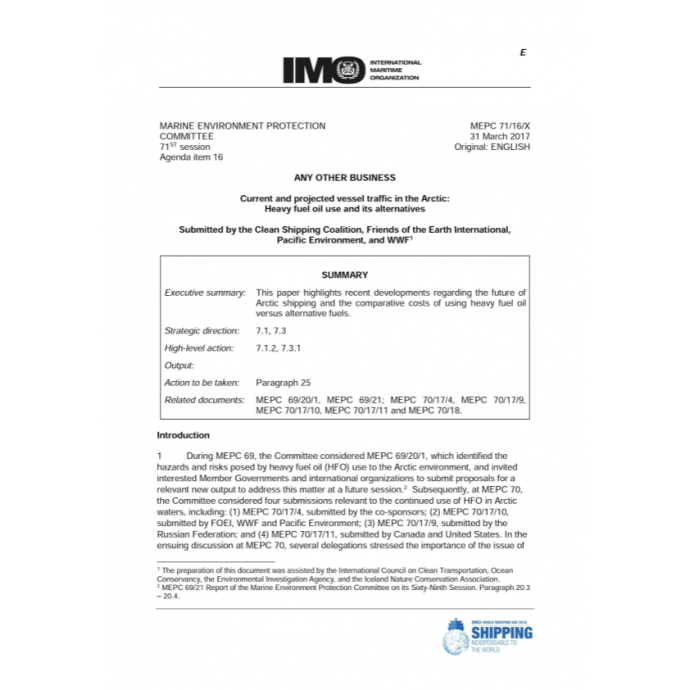Cleaner Shipping – Focus on air pollution, technical solutions and regulation
A Report by the Danish Ecological Council
This publication focuses on air pollution with CO₂, SO₂, NOx and fine/ultrafine particles from shipping, technical solutions, existing regulation, the need for further regulation and enforcement. The purpose is to inspire decision-makers and other key stakeholders to implement more ambitious regulation as well as enforcement to reduce air pollution from shipping to the benefit of shipping as a business, the climate, public health and nature.

